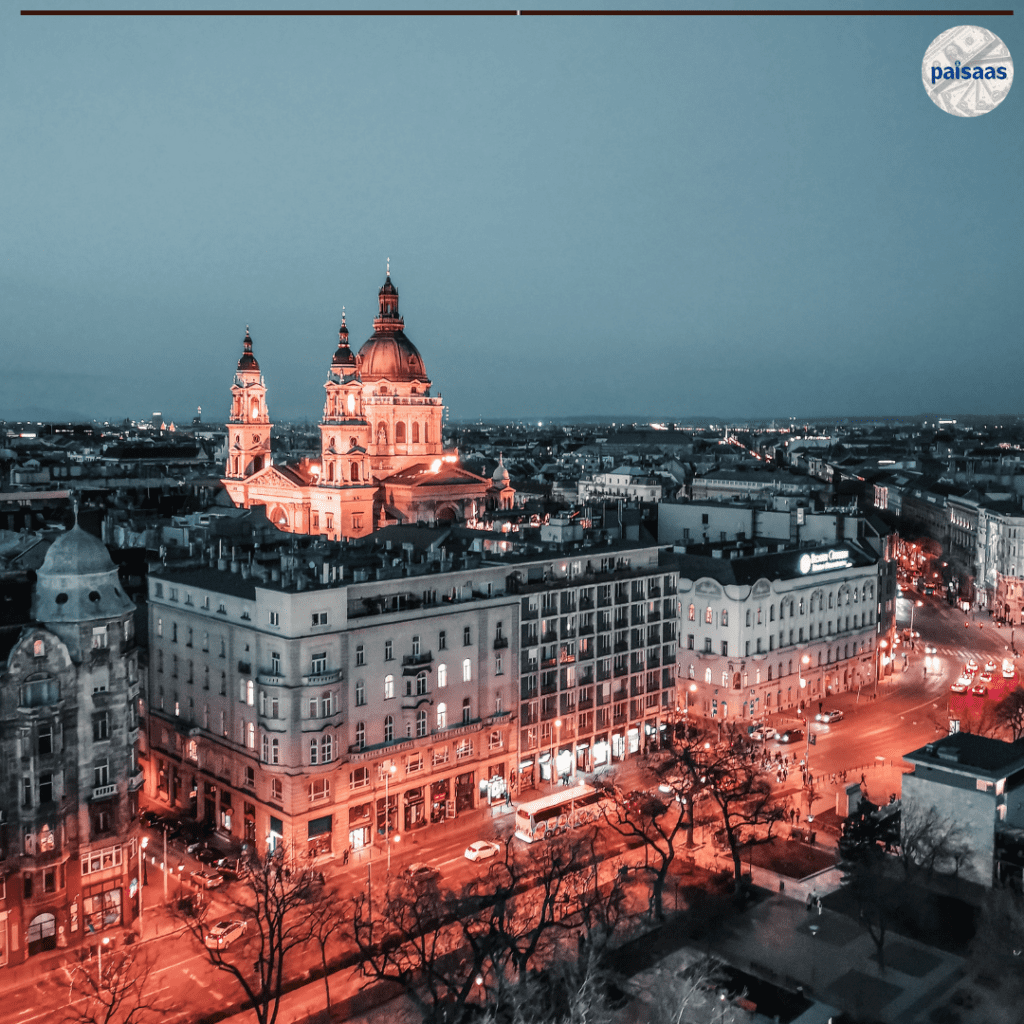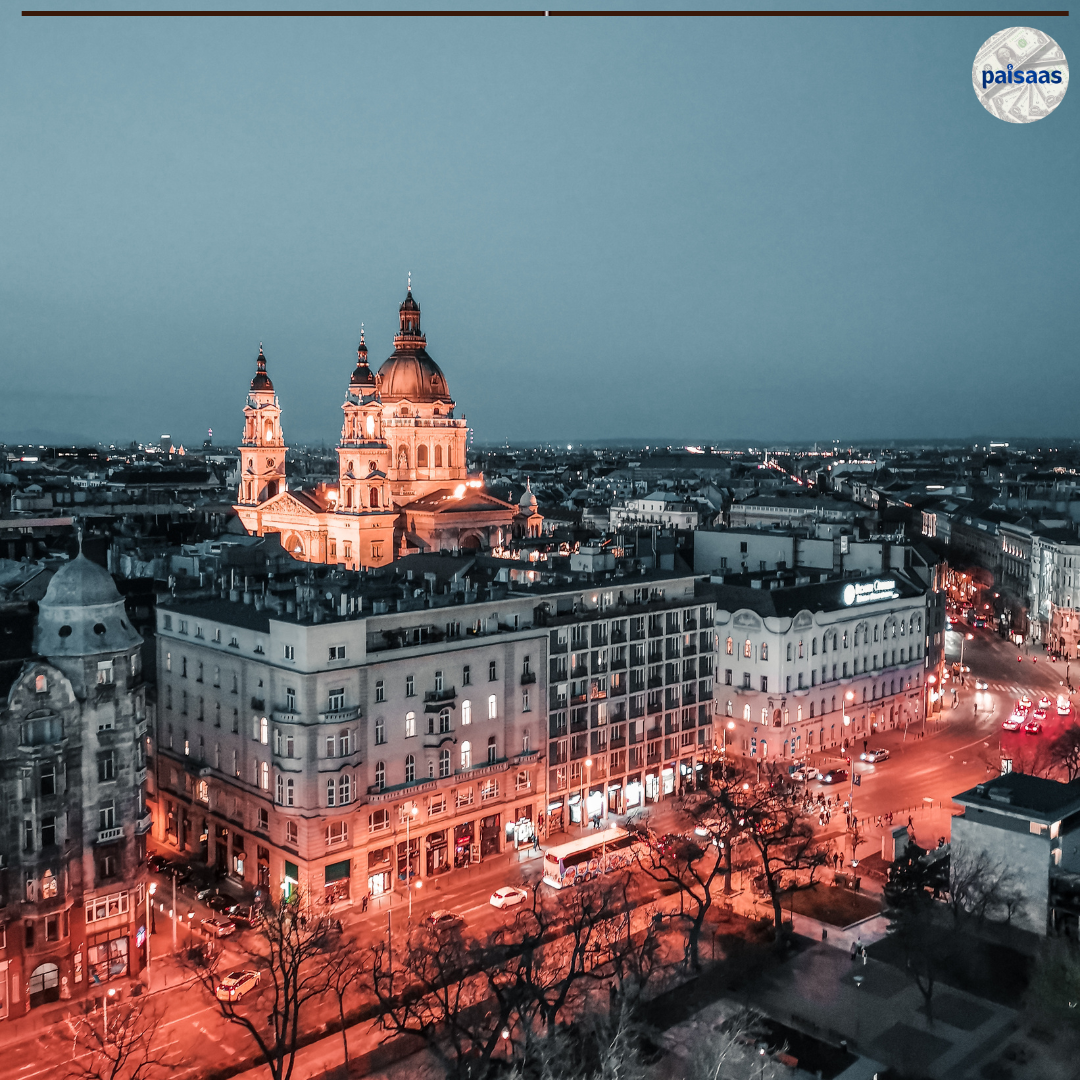

European Migration Politics Revealed by Dutch Government Collapse
European Migration Politics Revealed by Dutch Government Collapse
The failure of a coalition government in the Netherlands due to disagreements over a proposed policy towards refugees has once again demonstrated the power that immigration has as a political factor in Europe and how difficult it is for mainstream politicians to prevent far-right parties from capitalising on this issue.
The present crisis in the Netherlands was sparked by its conservative prime minister, Mark Rutte, who resigned when his centrist coalition partners refused to support his severe new policy on migrants. Rutte’s resignation led to the current situation in the Netherlands.
According to Dutch news reports, Mr. Rutte had suggested, among other things, a two-year waiting time before the children of recognised refugees residing in the Netherlands could join their parents. This proposal was deemed unfeasible by Mr. Rutte’s coalition partners.
According to observers, Mr. Rutte, a savvy operator known as “Teflon Mark” for his tenacity during 13 years in power, knew that maintaining his stance on an issue that many of his voters care strongly about was a question of political survival that went beyond the life span of this particular coalition. Rutte’s decision to maintain his stance on this subject was a matter of political survival that went beyond the life span of this particular coalition.
On a broader scale, Mr. Rutte’s declaration that he would sooner bring down the government than reach a compromise on the matter is indicative of a new era in the politics of migration in Europe. The narrative on migration has been dominated by recently emboldened far-right groups, who have capitalised on increasing public worries about national identity. Analysts said that Mr. Rutte’s emphasis on an unusually severe policy looked to be geared at preventing just that from happening.
And this more fundamental problem is being played out throughout the continent against the backdrop of a crisis in the cost of living, instability resulting from Russia’s invasion of Ukraine, a growing number of asylum seekers, and migrant tragedies at the borders of the European Union.
Italy, Germany, and France, along with other smaller European Union nations, have experienced the growth of far-right political groups that have transformed the political fortunes of their countries since the height of the Syrian refugee crisis in 2015. This occurred in 2015.
Matteo Salvini, a formidable far-right politician, for example, has been a significant force in Italian politics; Marine Le Pen of France, who utilises messaging that is anti-migration and anti-establishment, came perilously close to beating Emmanuel Macron for the president of the republic this spring. Both of these politicians use anti-establishment and anti-migration rhetoric.
And the illiberal and anti-European Union leader of Hungary, Viktor Orban, has weaponized language against immigration in order to establish himself as a major worldwide voice in the identitarian movement. He has a big following among those on the American right.
In the last decade or so, or somewhere around that time, centrist parties have been working together in an effort to keep far-right parties at bay while still trying to meet the hardline immigration views of traditional conservative voters. However, as the recent downfall of the Dutch government appears to demonstrate, this tactic may have reached the end of its usefulness.
The four-party coalition that Mr. Rutte was attempting to form, in which he included two minor parties that were to the left of his own, was already in jeopardy. It was very much like a controlled demolition the way he chose to bring it to an end.
“That the coalition collapsed over this topic is extremely surprising,” said Marcel Hanegraaff, an associate professor of political science at the University of Amsterdam. “The topic is extremely contentious.” The fact that everything fell apart, though, did not come as much of a surprise to him.
“It just wasn’t a happy marriage,” he remarked. “It was just a marriage.”
Mr. Rutte has stated that he will not form a coalition with far-right parties such as Geert Wilders’ Party for Freedom. The Party for Freedom is an anti-migration organisation that sprang onto the scene over twenty years ago during an earlier revolution against foreigners. Although Mr. Wilders has only had limited political success, his views have found a wider audience and have made their way into the mainstream of politics since the Syrian refugee crisis in 2015, when more than one million migrants sought protection in Europe.
Mr. Rutte has differentiated himself from Italy’s Giorgia Meloni, who has roots in the far right, and Kyriakos Mitsotakis, the conservative leader of Greece, who has overseen brutal border practises against migrants, by emerging as a staunch advocate for limiting migration to the European Union on the European stage. In doing so, Mr. Rutte has carved out a role for himself that is distinct from those of the two aforementioned politicians.
Mr. Rutte accompanied Ms. Meloni and the president of the European Commission, Ursula von der Leyen, on a recent visit to Tunisia. During their time there, they offered the government of Tunisia up to $1 billion in financial aid and asked it to stop migrants from coming to Europe. One of the ways in which this could be accomplished is by having Tunisian law enforcement stop migrant boats from illegally departing Tunisia. This visit served to highlight Mr. The participation of a far-right leader as well as a mainstream conservative leader in Tunis was interpreted as an indication of widespread support from the European Union (EU) for direct relationships with the countries of origin of would-be migrants.
Mr. Rutte has also been a staunch proponent of Europe-wide migration-management mechanisms such as the joint European Union border agency, with the goal of preventing migrants from entering Europe’s prosperous northern heartlands, which is where his nation is located.
The Netherlands scarcely registers as a nation with a significant migration problem when seen within the context of Europe. It is the fourth wealthiest nation in the bloc, yet the refugee population that it shelters is right on par with the average for all of the EU in terms of its percentage of total population. In spite of this, the number of persons requesting refuge in the Netherlands has increased over the course of the past year, which is consistent with the pattern observed across Europe as a whole.
However, Dutch researchers claim that a significant factor that contributes to the anxiety around migration is a lack of cheap housing. This situation is exacerbated by the perception that the country, with its expanding agricultural industry and rising population, is running out of room.
Some people believe that even if Mr. Rutte’s hard stance had been enforced, it would not have had much of an effect on the situation. According to Mark Klaassen, an associate professor of immigration law at Leiden University, the number of refugees in the Netherlands who are hoping to have family members join them is so low that it would not make a significant impact in the total number of refugees if they were allowed to have their family members join them.
According to Mr. Klaassen, Mr. Rutte, who is recognised for his ability to generate agreement and who has previously demonstrated an unwillingness to utilise migrant politics to advance his personal agenda, appears to be shifting his position. “What is new is that with this development, migration law is being used to gain political advantage,” Mr. Klaassen noted. “This is something that has never happened before.”
According to Mr. Klaassen, Mr. Rutte’s problems with migration are partially the result of the actions of his own administration. According to Mr. Klaassen, the slow processing has made the bottlenecks in the asylum procedure much worse. And since there is a shortage of cheap accommodation, recognised refugees have been forced to overstay their time in processing centres because it is difficult for them to obtain permanent homes. This has led to congestion and horrible living conditions.




